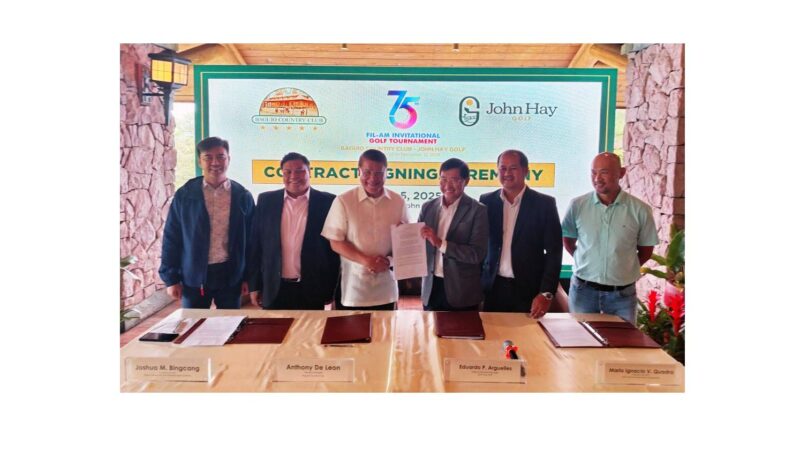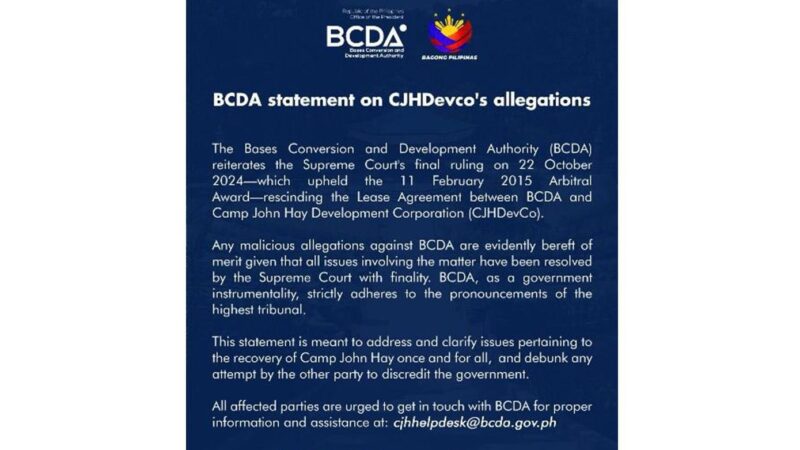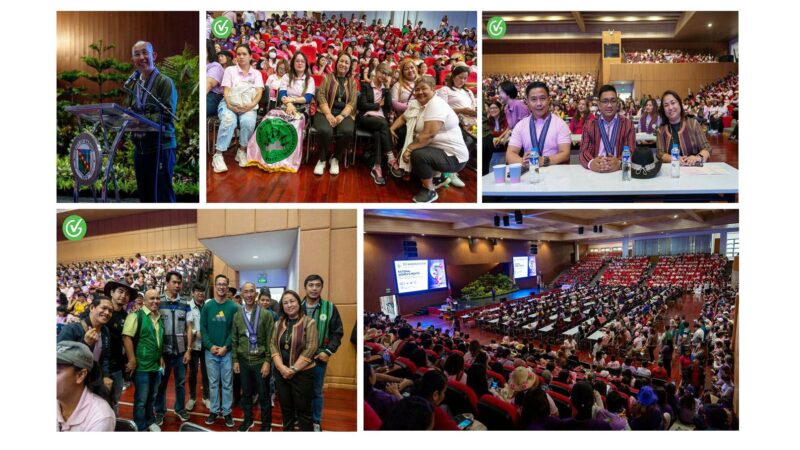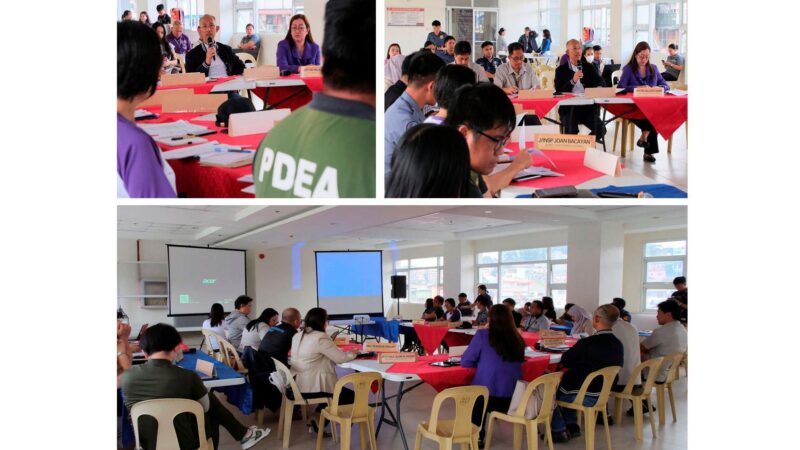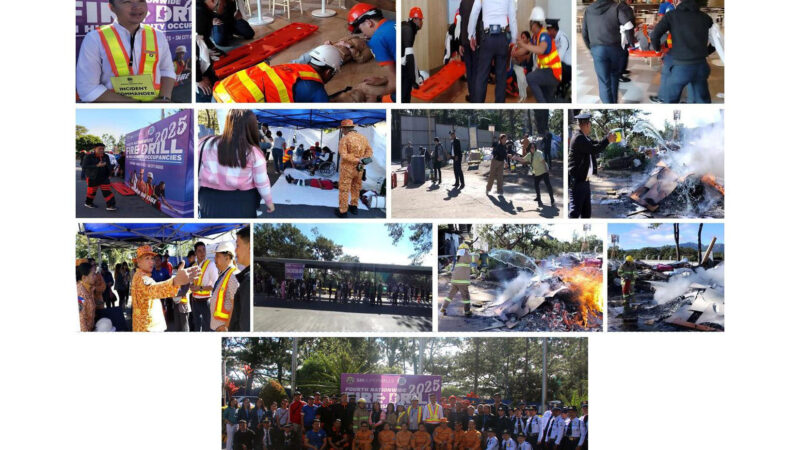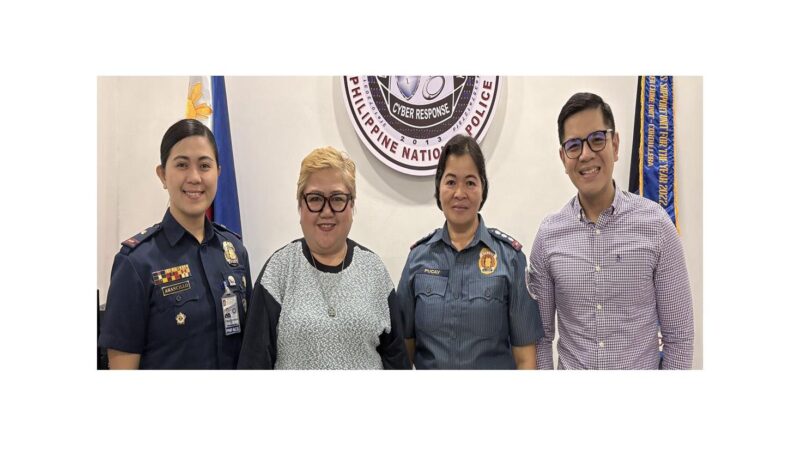Baguio embraces modernity with Paleng-QR cashless payment system

As the city that pioneered the PalengQR implementation in 2022, Baguio continues to push the program to pursue its digitalization thrust to upgrade payment transactions from the traditional to the more convenient cashless exchanges initially focusing on market vendors, community stores and local transportation.
PalengQR is a digital payment program that encourages merchants and vendors to provide alternative payment systems to their clients through cashless programs with the use of financial service providers like G-Cash, PayMaya and the banks.
Through the program, payment can be done quickly and efficiently using smartphones or other digital devices. This helps merchants to track their finances easily and securely.
Compared to cash transactions, it provides better record-keeping of sales making it easier for vendors to track profit and for buyers to keep track of their spending.
As mentioned in the Resolution No. 320, series 2022, the pandemic increased the need for cashless transactions, which are substantially safer because they reduce the spread of harmful diseases such as Covid-19. Furthermore, with the incidence of fake bills being produced, with the supervision of the Banko Sentral ng Pilipinas (BSP) and the Department of the Interior and Local Government (DILG), money will be at lower risk being of faked, such deceptive tactics will be avoided, and counterfeit bills will not be circulated further in the market. Shops and businesses that utilize the PalengQR program will have accessibility to other valuable services like loans, insurance, and investing methods.
BSP Regional Director for North and Central Luzon Atty. Noel Malimban emphasized that the use of digitally made payments is more widespread in the country. Further, not only does it promote efficiency and transparency, but it will also benefit the local government units (LGU) in line with digital payment of taxes, and the public’s benefits of avoiding physically queuing up when receiving cash assistance from the government. – Grian Villanueva, Joshua Caramoan, and Clyde Davies Berry


